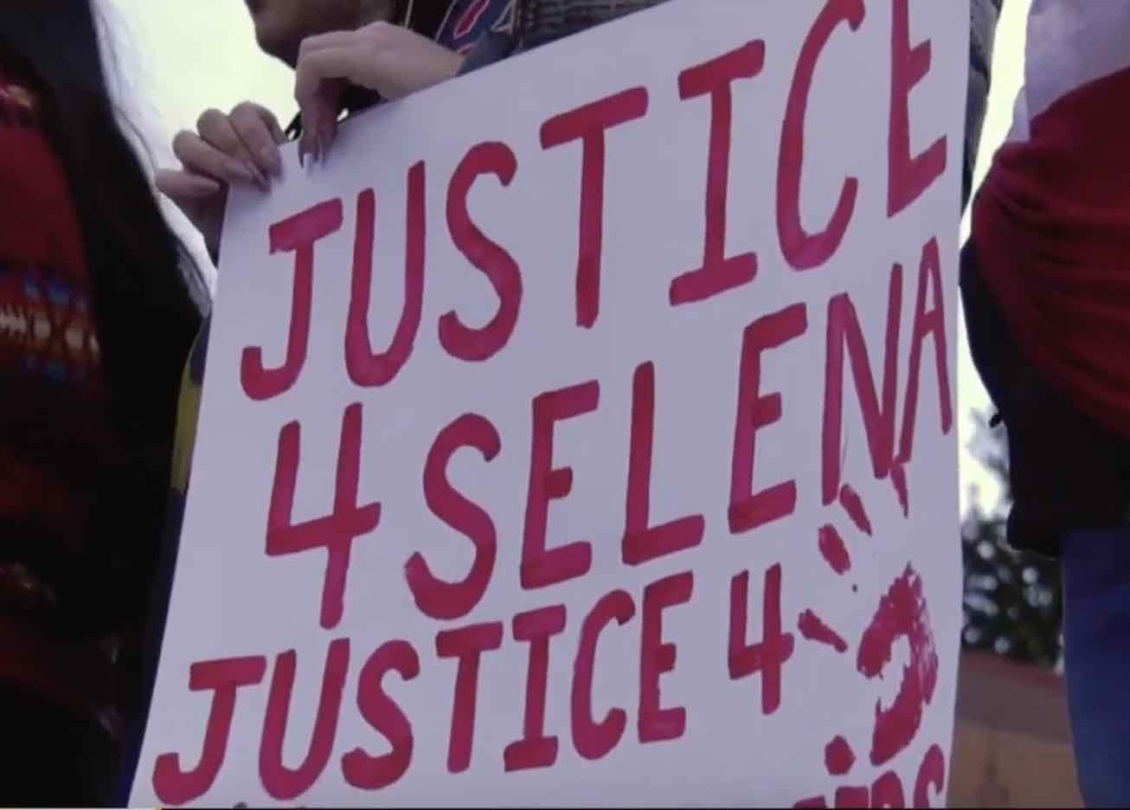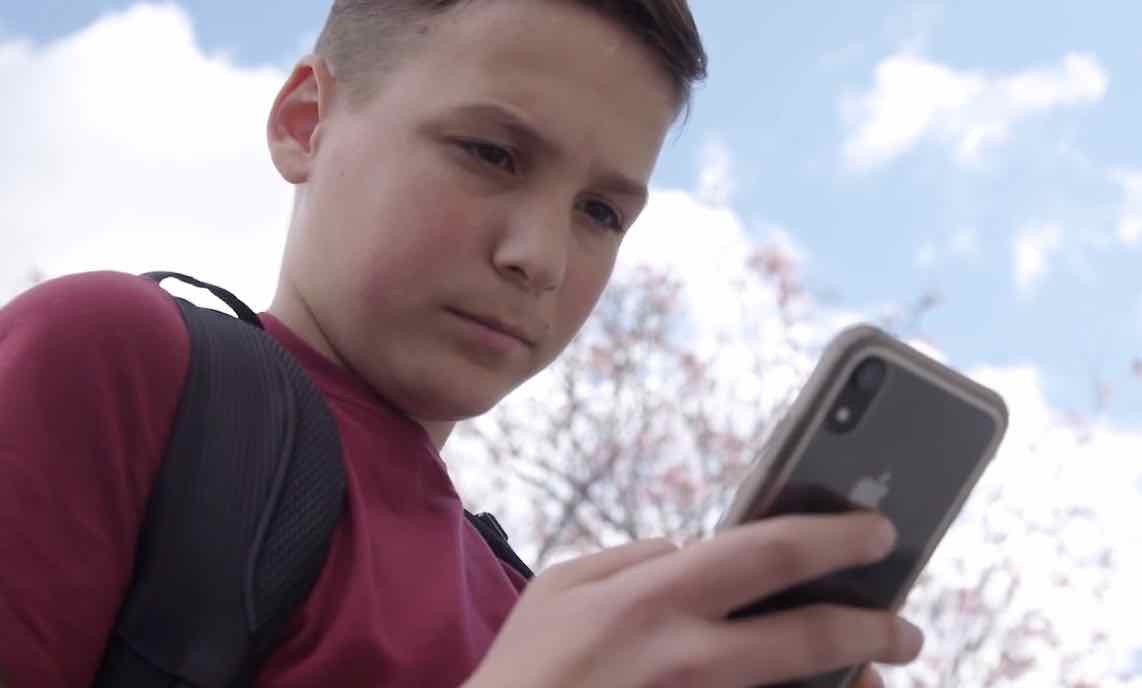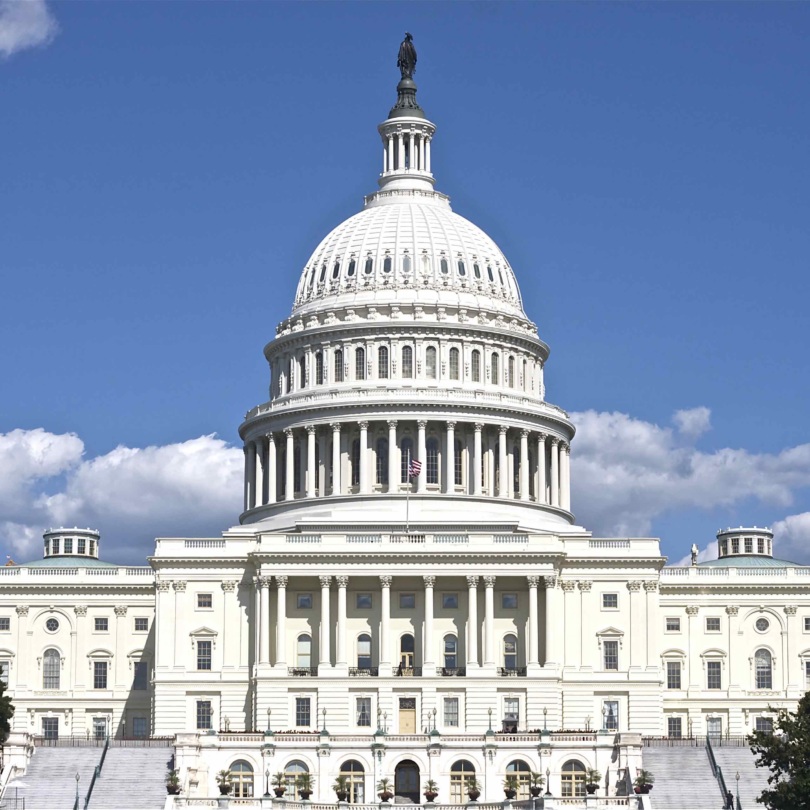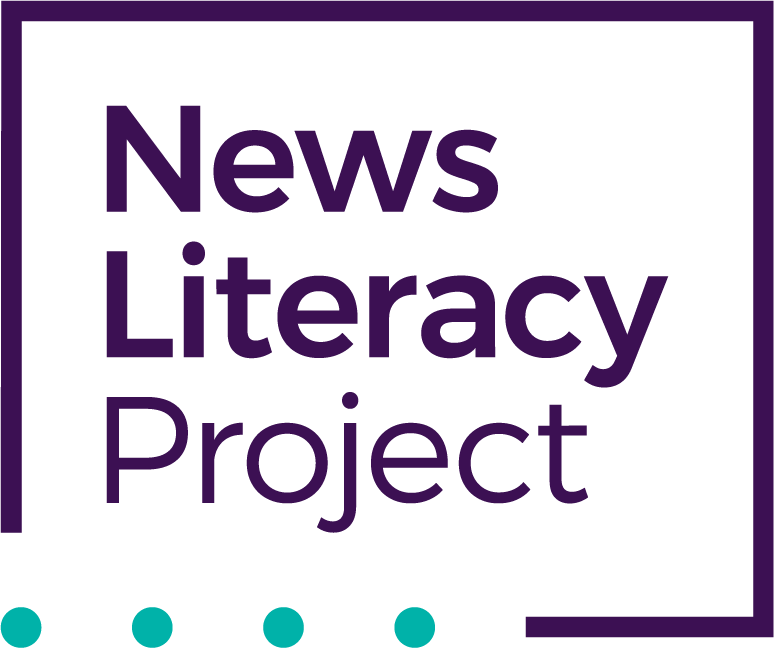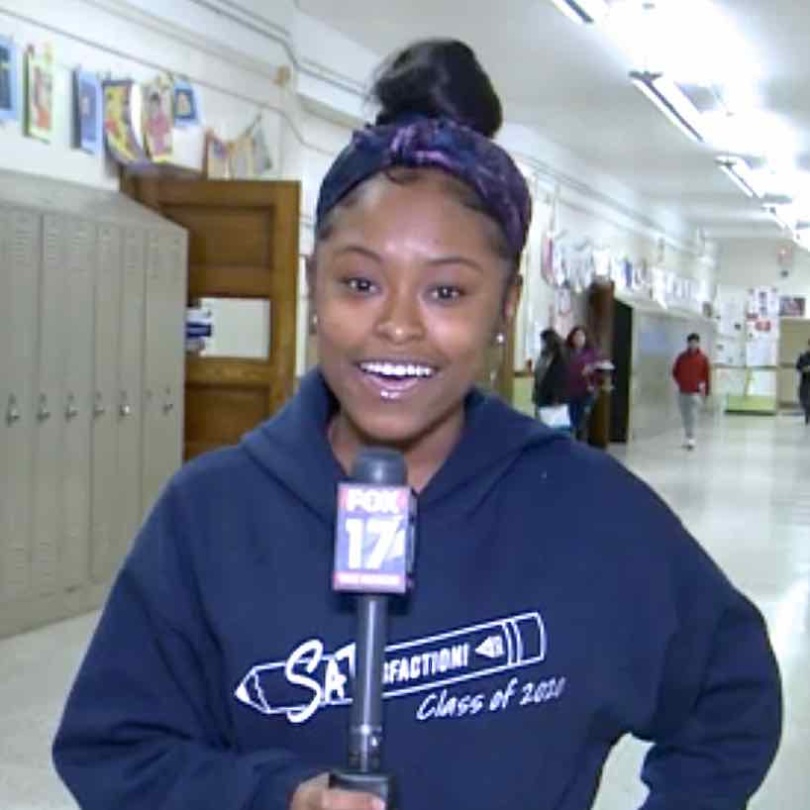
The need for news literacy has never been greater.
Even the savviest audiences can find it hard to distinguish between legitimate news and content created to persuade, sell, mislead or exploit.
50% of the public are only slightly familiar with the term "op-ed" or don't know what it means.
63% of people worldwide agree that the average person can’t tell good journalism from rumors or falsehoods.
96% of high school students surveyed did not consider why ties between a climate change website and the fossil fuel industry might lessen that site’s credibility.
What is news literacy?
News literacy is the ability to determine what is credible and what is not, to identify different types of information, and to use the standards of authoritative, fact-based journalism as an aspirational measure in deciding what to trust, what to share and what to act on. Being news-literate also means recognizing the critical role of the First Amendment and a free press in a democracy and interacting with news and other information in ways that promote engaged participation in civic life.
News literacy in your inbox
NLP and Scripps are joining forces for news literacy
National News Literacy Week (Jan. 27–31), a joint initiative of the News Literacy Project and The E.W. Scripps Company, is designed to raise awareness of news literacy as a fundamental life skill and to provide the general public, as well as educators and students, with easy-to-adopt tools and tips for becoming news-literate.
Scripps’ local television stations are collaborating with schools in their markets on student-produced news reports, and its national media brands, including Newsy and Stitcher, are publishing stories and running a national advertising campaign focused on the critical need for news literacy and the important role of a free press in a healthy democracy.
During National News Literacy Week, we’ll use this page to post links to resources related to a news literacy skill that aligns with a lesson from the Checkology® virtual classroom, NLP’s signature platform for students in middle school and high school. Come back every day for a new lesson!
Here is the daily schedule of themes (and their related Checkology lessons):
- Monday, Jan. 27: Navigating the information landscape (“InfoZones”).
- Tuesday, Jan. 28: Identifying standards-based journalism (“Practicing Quality Journalism”).
- Wednesday, Jan. 29: Understanding bias — your own and others’ (“Understanding Bias”).
- Thursday, Jan. 30: Celebrating the role of a free press (“Democracy’s Watchdog”).
- Friday, Jan. 31: Recognizing misinformation (“Misinformation”).
NOTE: Each lesson will be unlocked on its assigned day; once unlocked, it will be available through the end of National News Literacy Week. Use a computer or a tablet to access these lessons; they were not designed for phones.
Follow the conversation on social media, using the hashtag #NewsLiteracyWeek.


